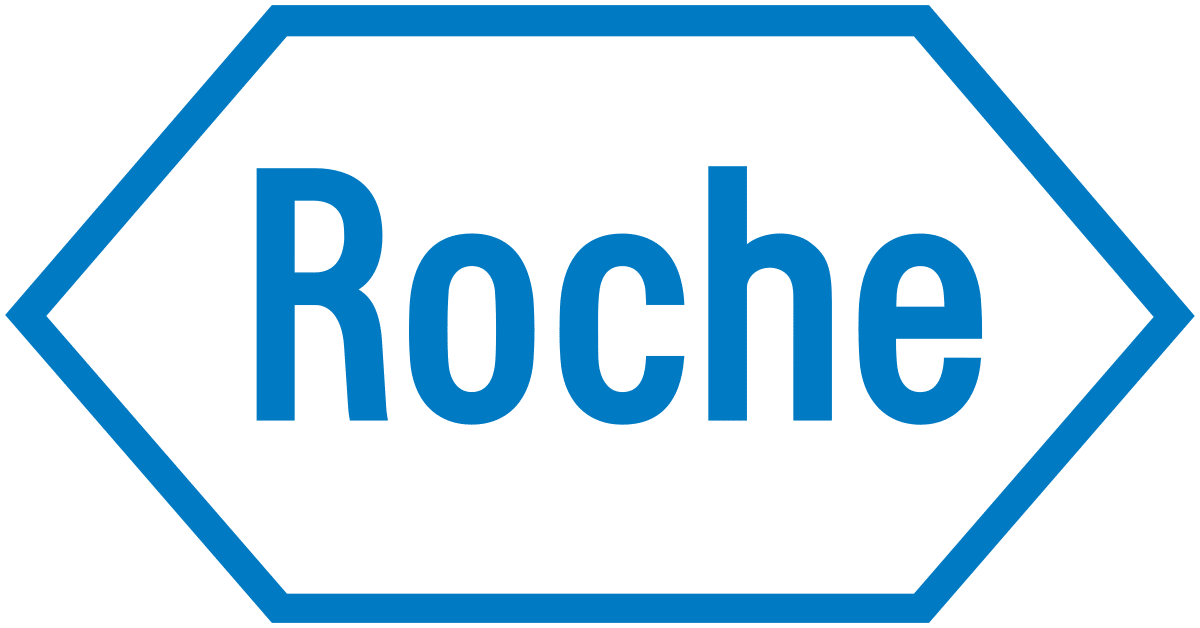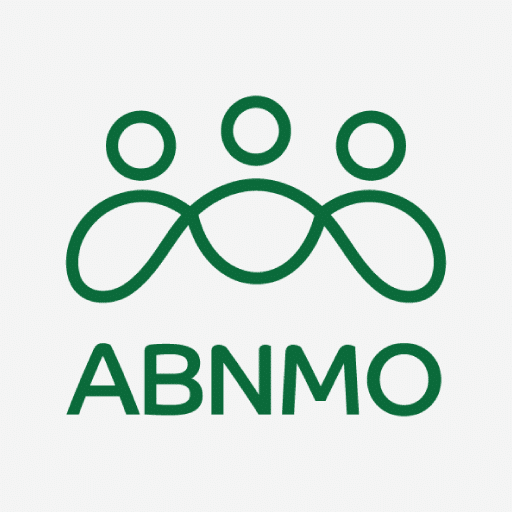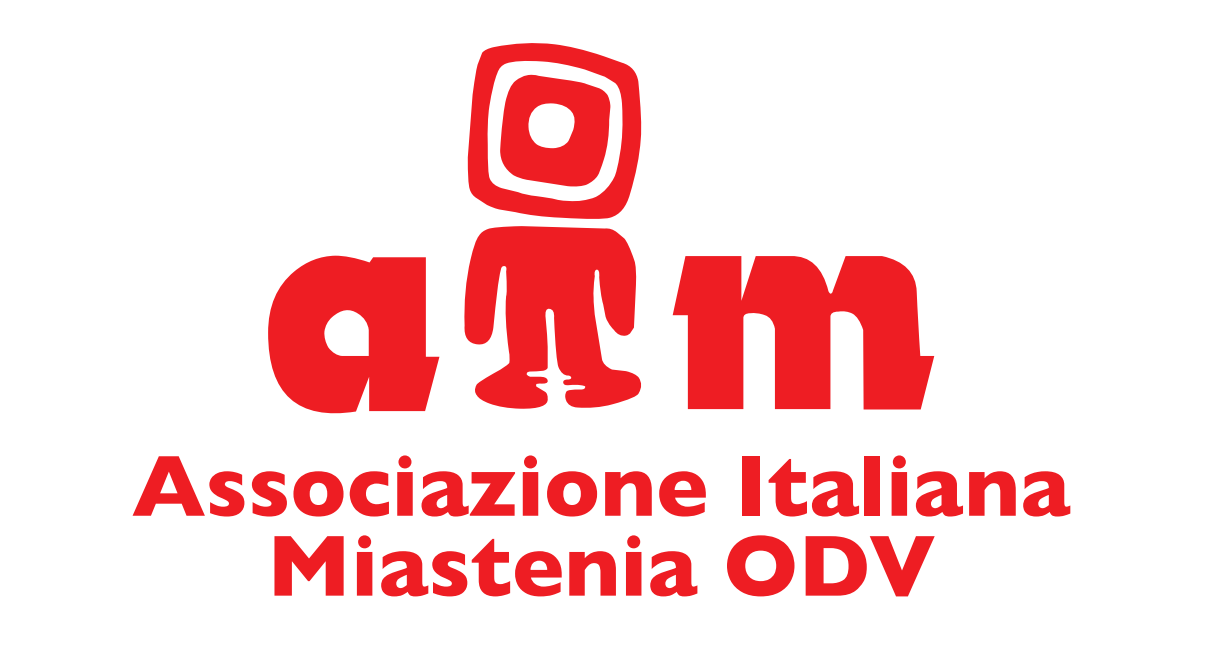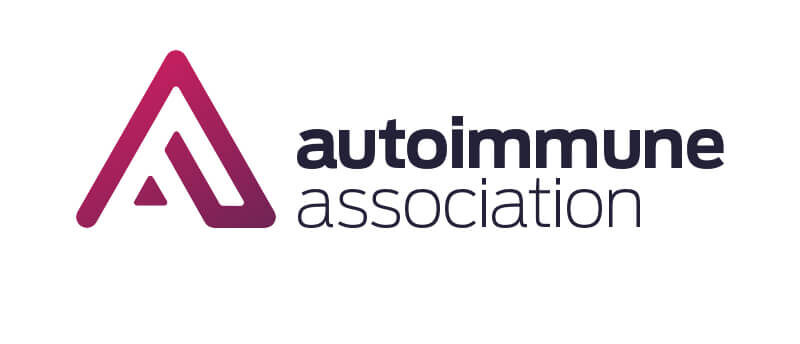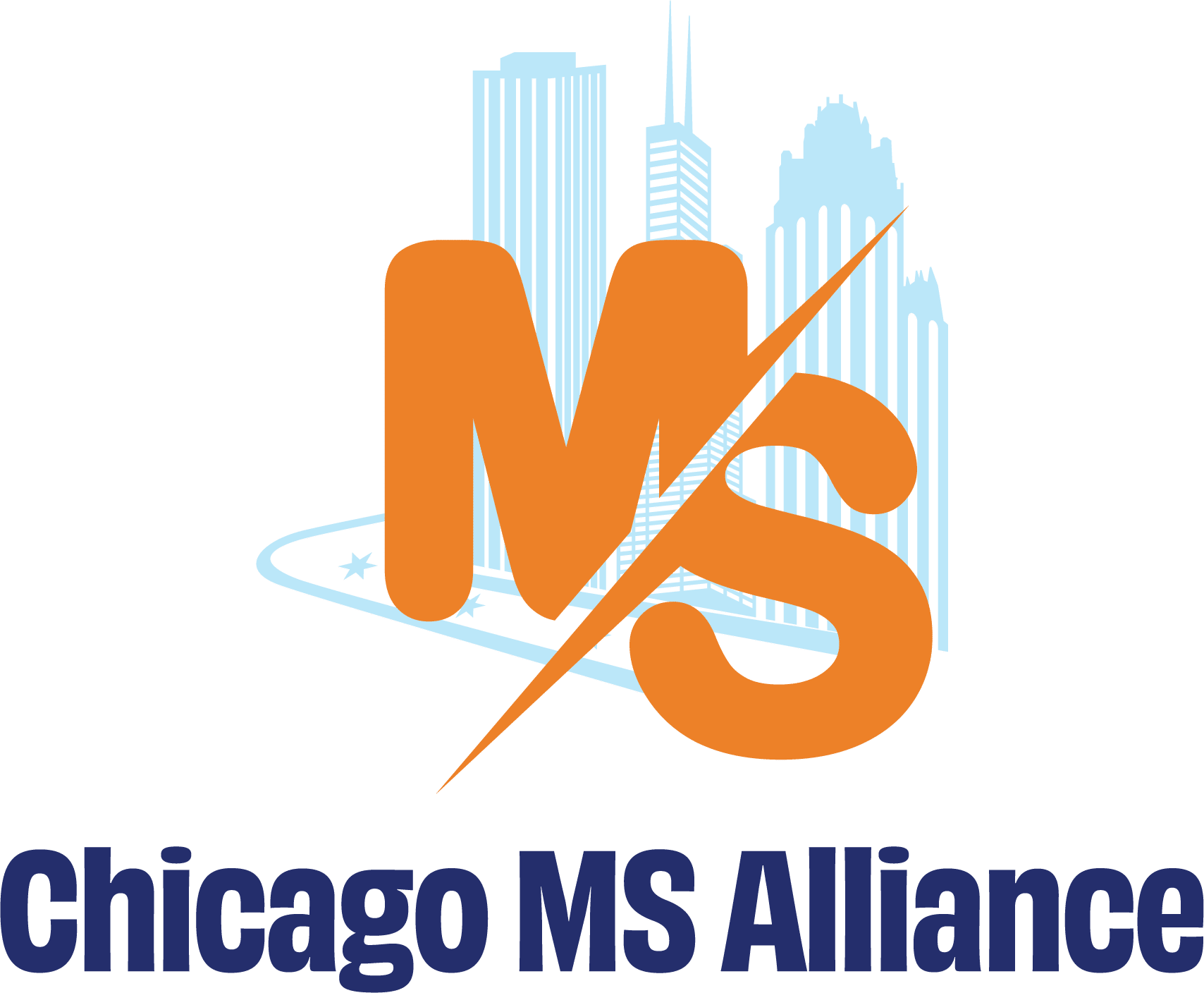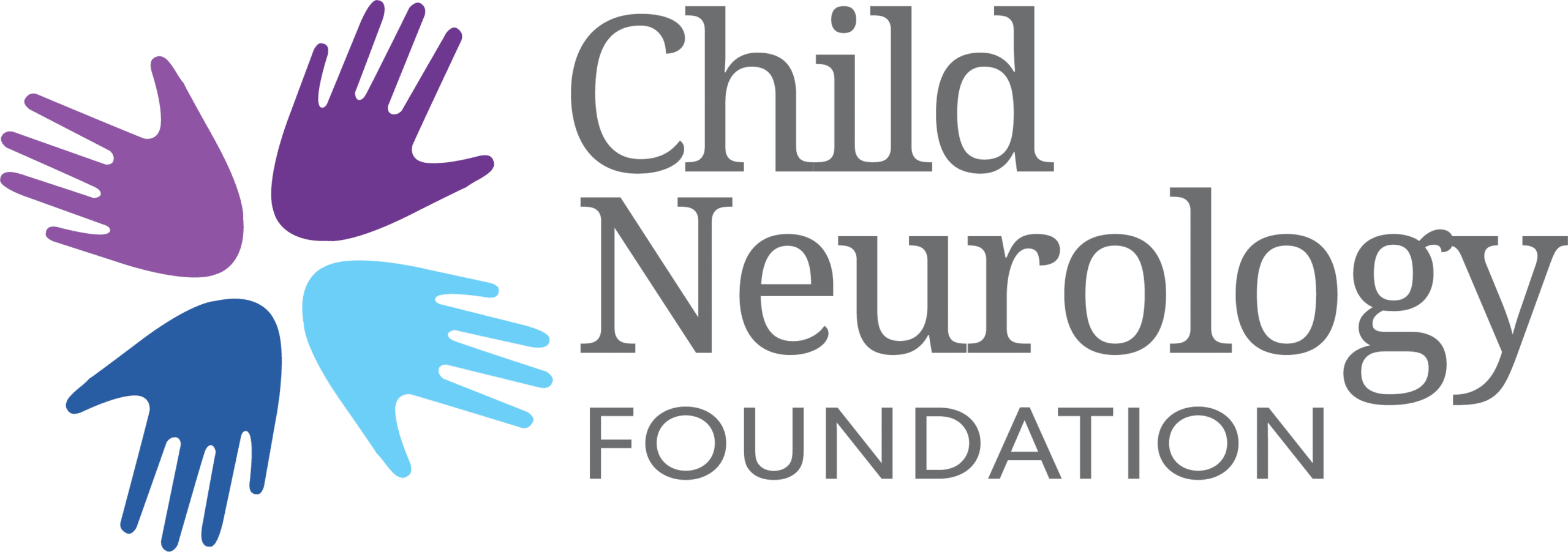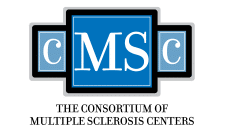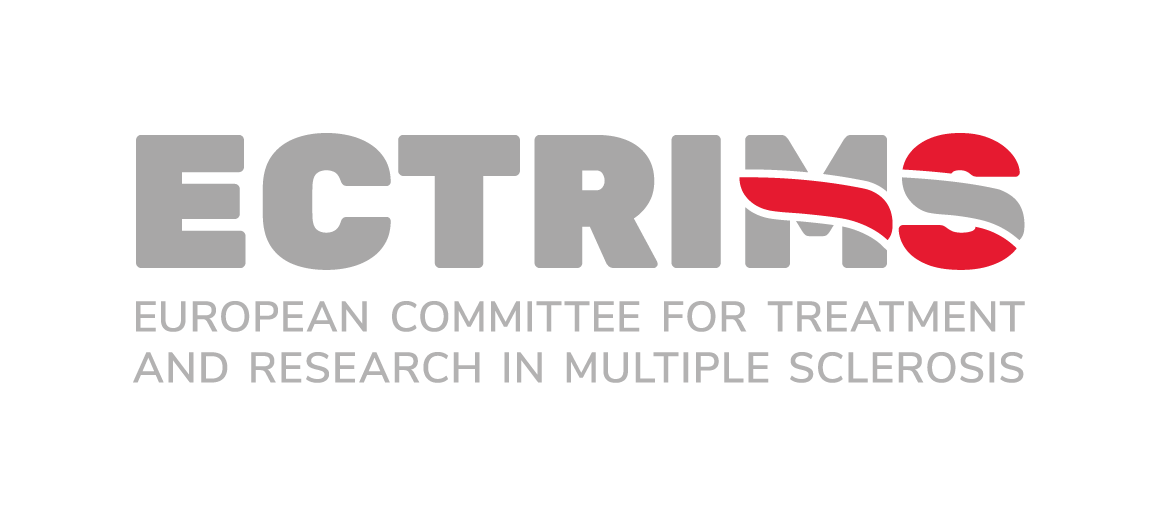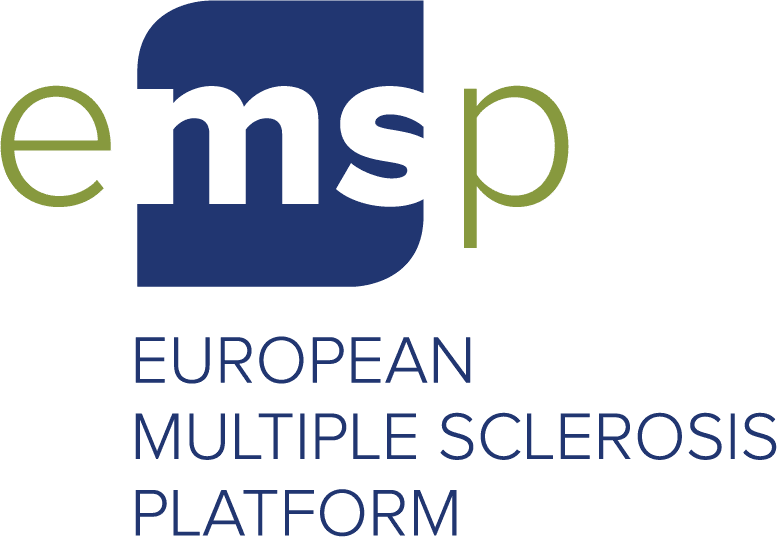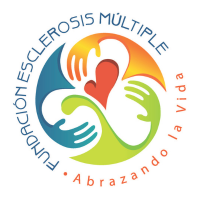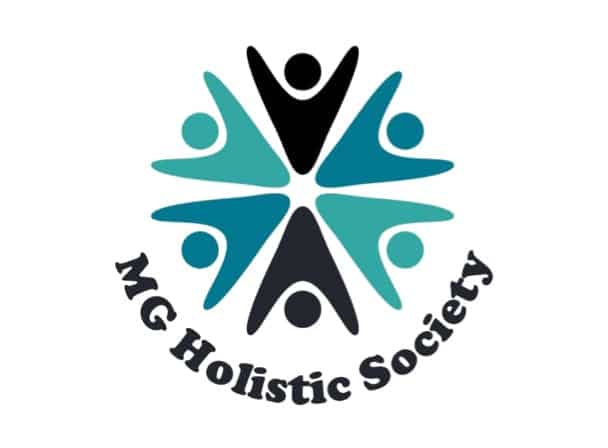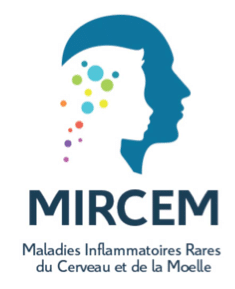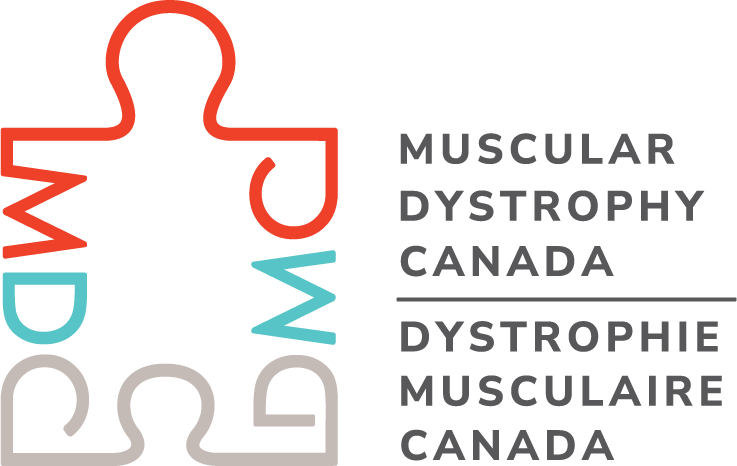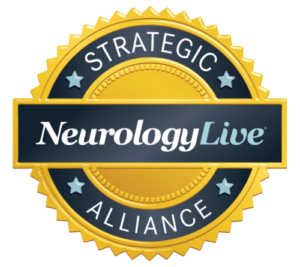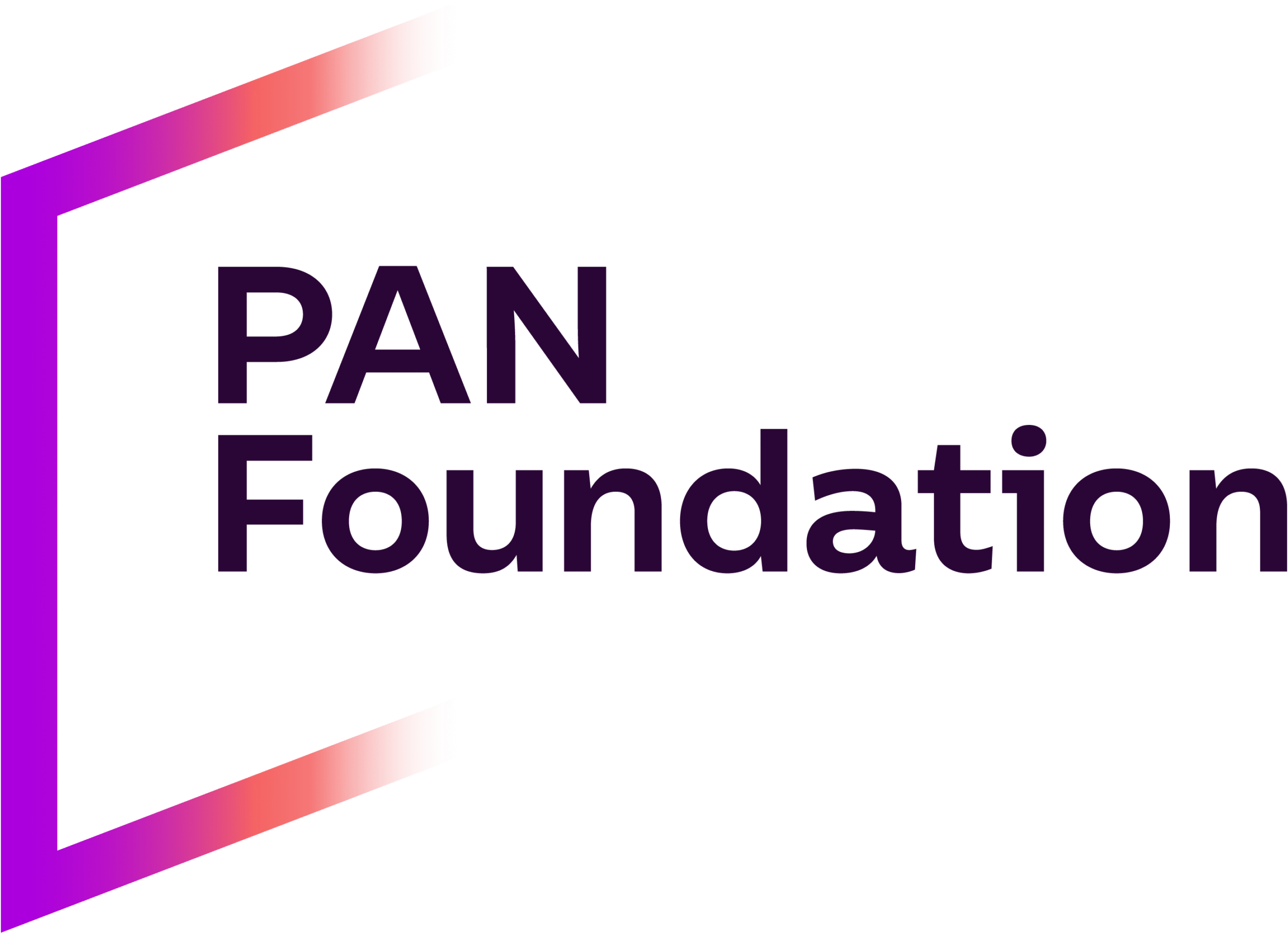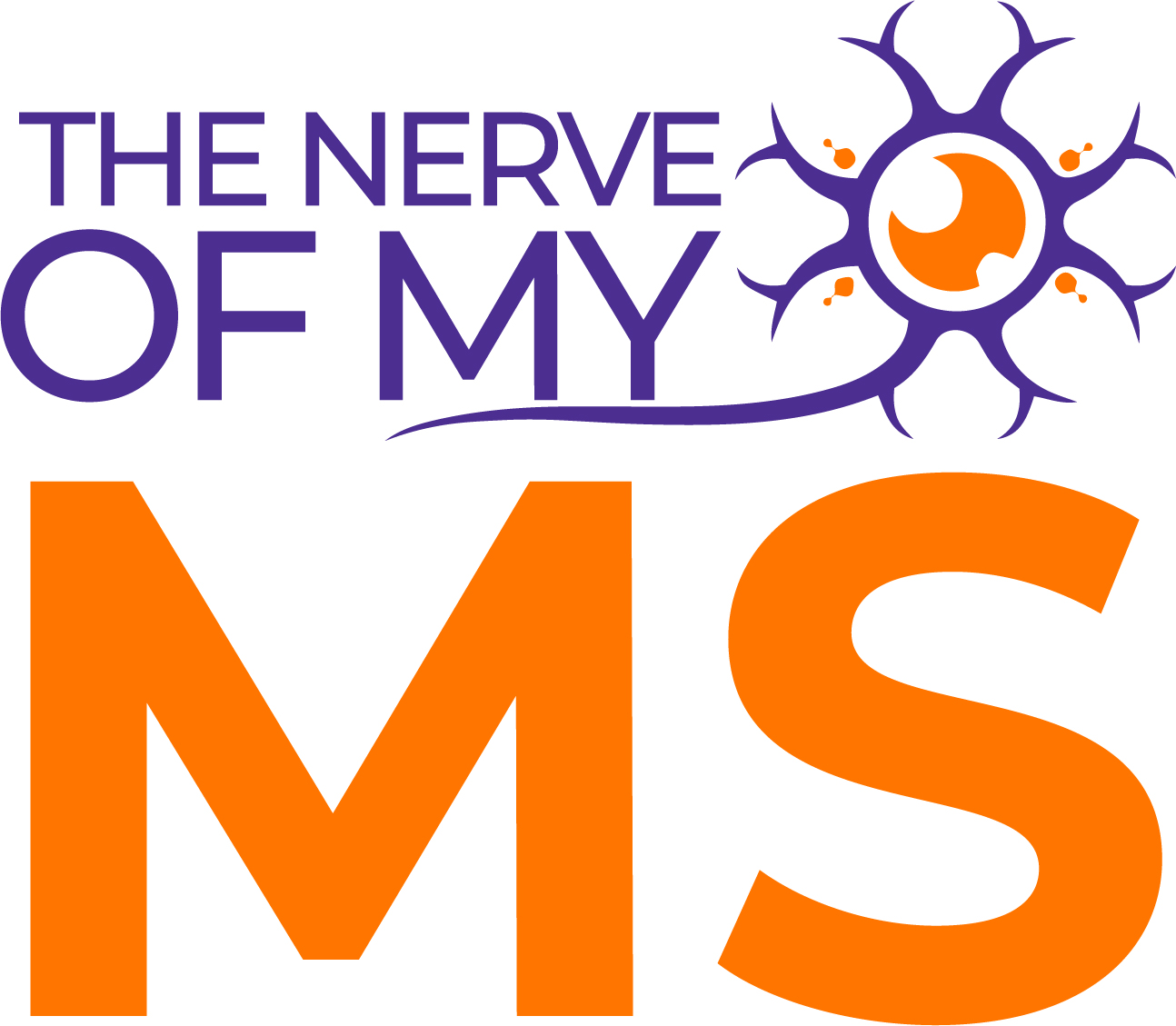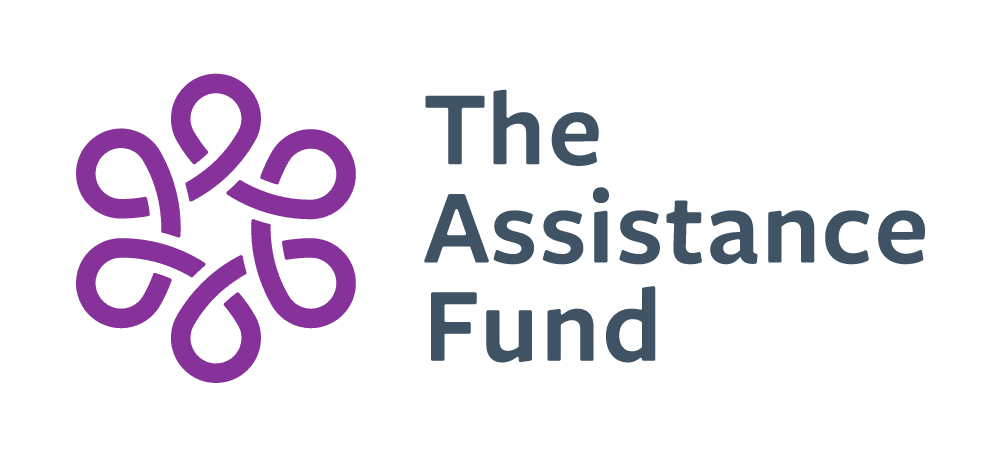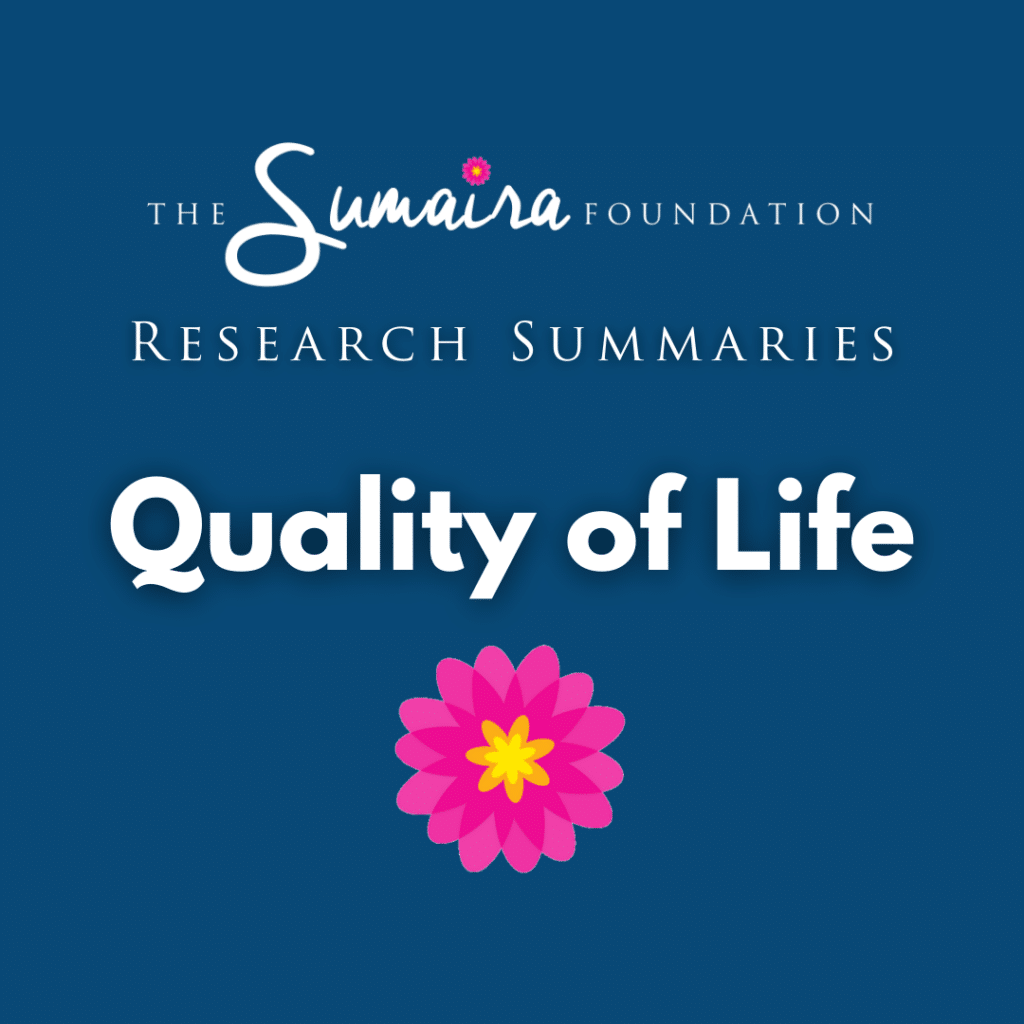
Cognition in patients with myelin oligodendrocyte glycoprotein antibody-associated disease: a prospective, longitudinal, multicentre study of 113 patients (CogniMOG-Study)
Journal: Journal of Neurology, Neurosurgery, & Psychiatry; July 30, 2024
Author(s): Sarah Passoke, Carlotta Stern, Vivien Häußler, Tania Kümpfel, Joachim Havla, Daniel Engels, Sven Jarius, Brigitte Wildemann, Mirjam Korporal-Kuhnke, Makbule Senel, Jan-Patrick Stellmann, Clemens Warnke, Matthias Grothe, Rasmus Schülke, Stefan Gingele, Julian Reza Kretschmer, Luisa Klotz, Annette Walter, Florian Then Bergh, Orhan Aktas, Marius Ringelstein, Ilya Ayzenberg, Carolin Schwake, Ingo Kleiter, Pia Sophie Sperber, Rebekka Rust, Patrick Schindler, Judith Bellmann-Strobl, Friedemann Paul, Bruno Kopp, Corinna Trebst, Martin W Hümmert on behalf of the Neuromyelitis Optica Study Group (NEMOS)
How does MOGAD affect cognitive function (thinking and language-processing skills) over time?
This study aimed to assess to what extent and in what way cognitive function, that is, thinking and language-processing abilities, and are affected in MOGAD patients over time. In this study, researchers tested thinking abilities in 122 patients with MOGAD across specialist centers at the time of diagnosis, 1 year later, and 2 years later. They evaluated how fast patients could perform functional activities in response to visual cues (visuomotor processing speed) and how well patients could find and use words (semantic fluency). They also looked at brain scans to see if brain damage (lesions) corresponded to decreased levels of cognitive function. The study found that at the time of diagnosis, as compared to healthy individuals, MOGAD patients had some difficulty with thinking tasks, especially tasks involving word-finding and reacting quickly to visual cues. About 1 in 10 patients (11%) had problems in more than one area of thinking. However, their thinking skills did not get worse over the 2-year period in which they were observed. Patients with brain damage (lesions) tended to have worse results in the tests for thinking and language-processing skills.
Free Access: Full text








